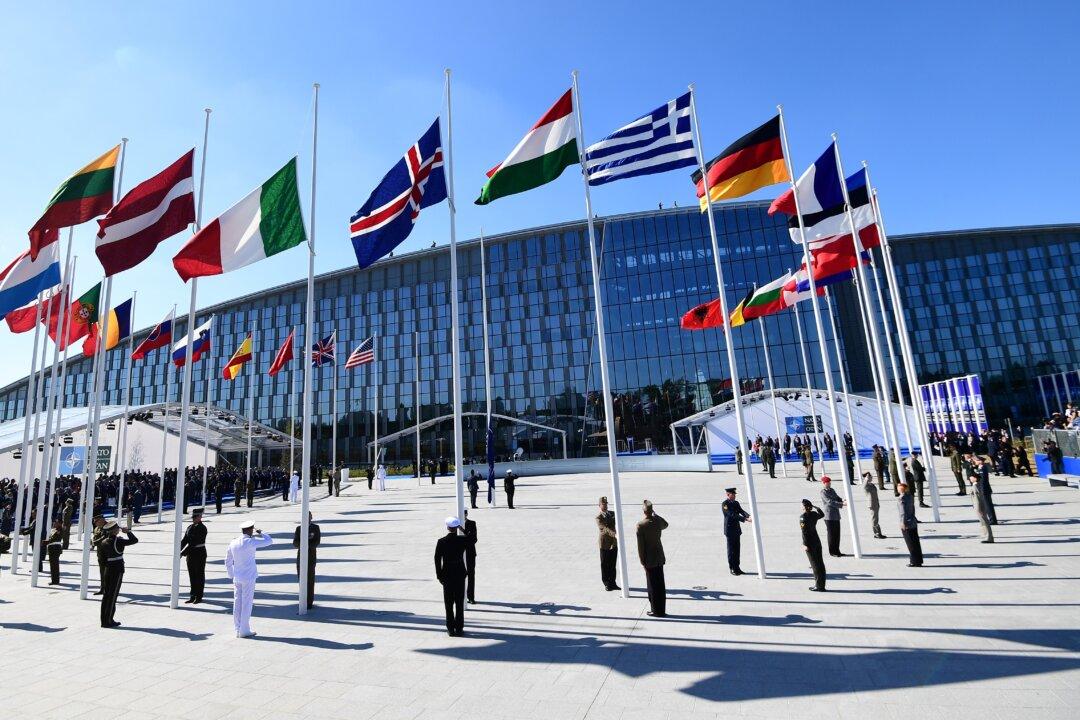A democratic alliance organization could contain the economic coercion backed by communist China’s state power, like a NATO for trade, says a think-tank report.
The Chinese regime is pursuing global dominance, especially in advanced technologies and industries, but the system, ruled by the Chinese Communist Party (CCP), is at fundamental odds with the principles of market-based trade, according to a report issued on June 28.




